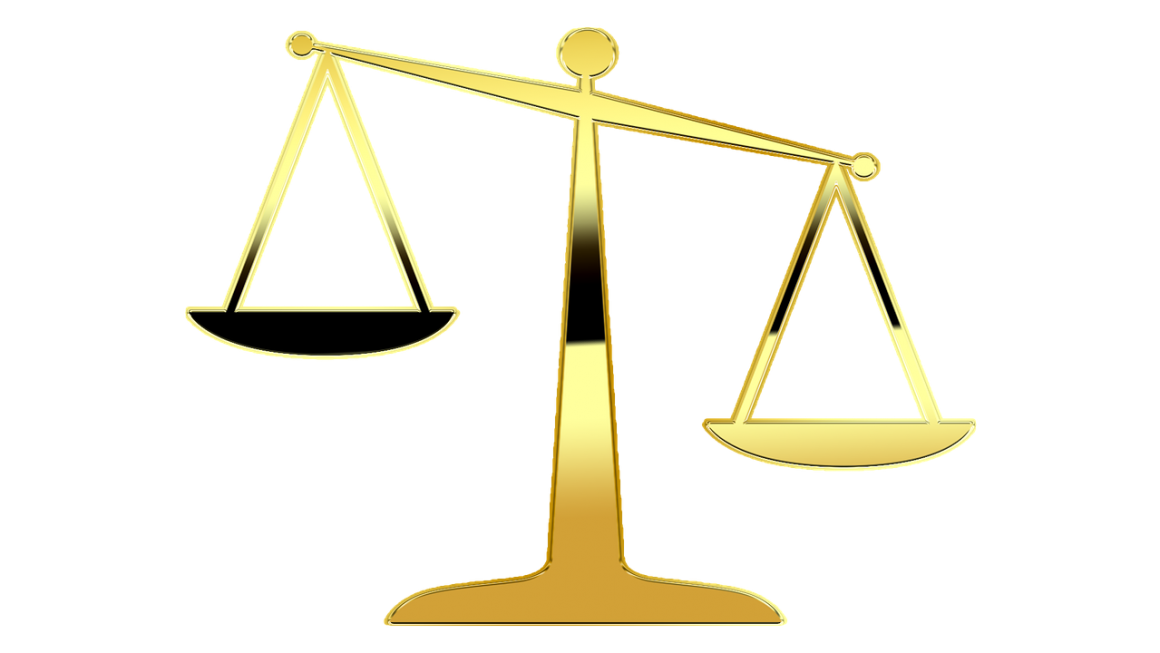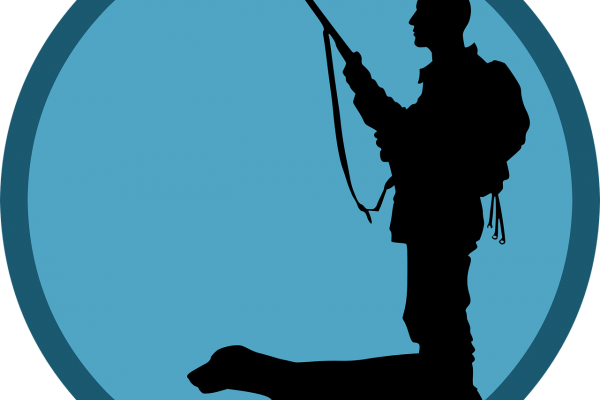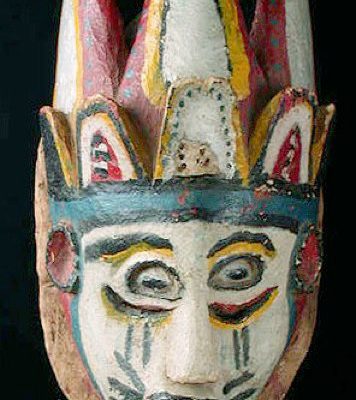Offline Advanced English Dictionary defines inheritance as “hereditary succession to a title, an office or a property; or that which is inherited … and passes, by law, to the heir on death of the owner.” It is observed that the method of transfer of inheritance differs from one society to the other. For instance, in the Western world, it is transmitted through a legal instrument: to wit, a will. In several African countries, including Nigeria, […]
Ócho Festival: Origin, Facts and Features
Ócho Festival celebration dates back to the Middle Ages when Àtá Ìdoko Agánápojè – father of Àtá Áyẹ́gbà, founder of the ruling Third Igala Dynasty in Central Nigeria – was out hunting one day and lost his way in the bush. His followers searched everywhere but could not find him “till nearly nightfall.” The following day, he sent a message to his wives and retainers, saying: “It is not right that nothing should be done to mark the occasion, or that […]
Leader of Leopard Community
Àbùtù Ẹ̀jẹ̀, a prominent historical figure in Igala history, was thought to be Jukun or Àpá; but modern research have found, to the contrary, that he was a bona fide Igala with outstanding credentials that elicited nothing but respect, fear and admiration for him, his descendants and the entire Igala race.
Crooking the Crocodile
Once upon a time, a female crocodile settled on the bank of a river. One evening, as she was strolling, she chanced upon some eggs lying in a nest, partially covered. Her jaw dropped as she marveled at their freckled beauty, wishing they were her own eggs. When she got home and mentioned her adventure, seeking someone who could help her to decorate her eggs, she was directed to Mr. Tortoise. Thanking the neighbours for […]
Culture: Feast of the First Fruits
Since ancient times, the Igala race have routinely offered the ‘First Fruits’ of their farm-work as a sacrifice to their ancestors during the Égwú Festival. Similarly, the ancient Greek, Roman and Hebrew were known to present, through a priest, the ‘First Fruits’ of their agricultural yields. This practice underscores their commitment to ancestor veneration as a cardinal principle of the Igala Traditional Religion (ITR), which the call Ògwùchẹ́kwọ̀.





